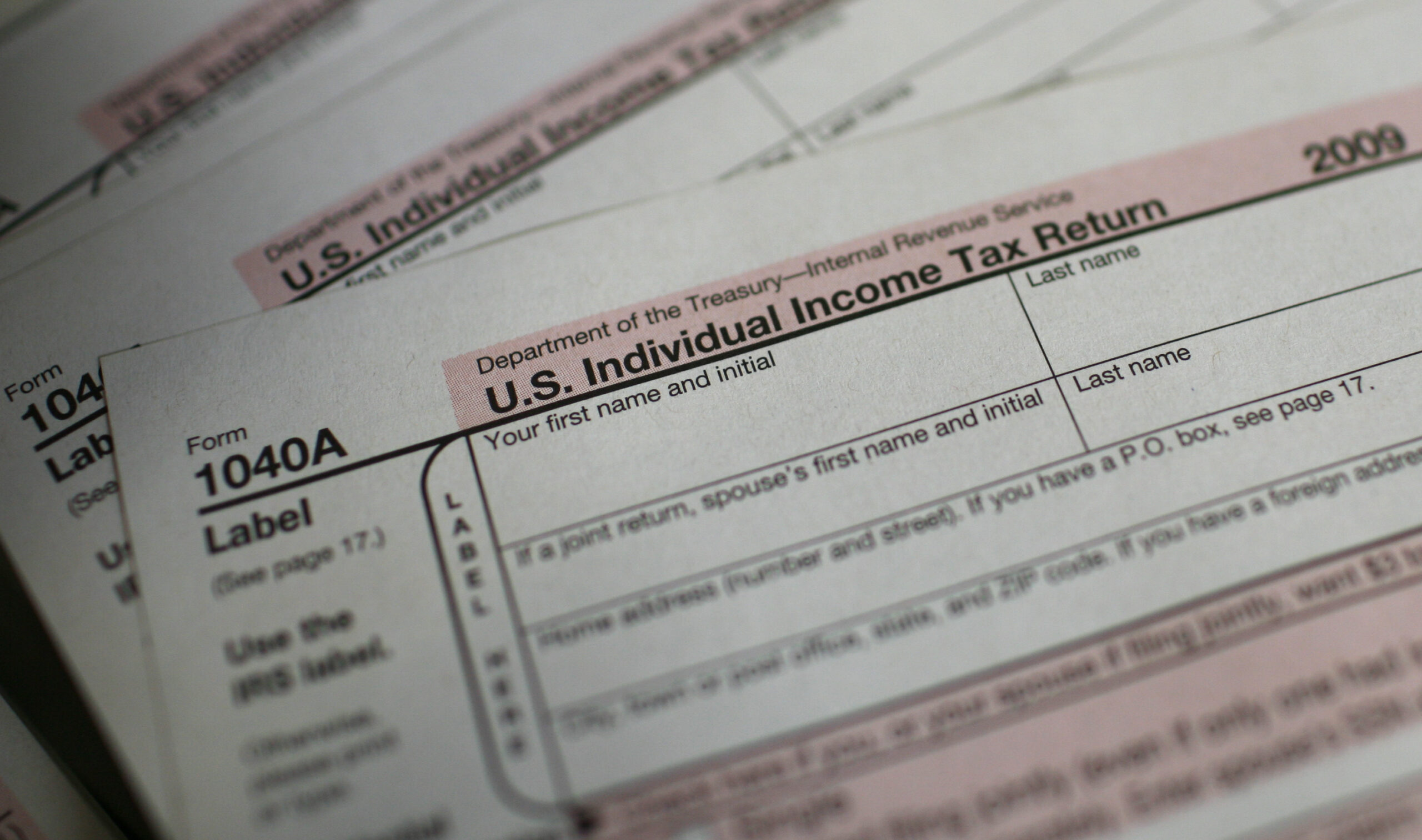The new May 17th deadline will provide financial flexibility to Americans currently navigating the hardships brought on by the pandemic and it will also deliver a vital administrative reprieve to the underfunded and overburdened tax agency. While this action will benefit all Americans, it will be especially important for low-income people and the organizations that help them access tax refunds.
Individuals will benefit from having extra time to realize and access benefits
For many low-income individuals the tax filing process, while administratively daunting, constitutes a positive government interaction that evokes feelings of social inclusion and civic responsibility. Refunds received from the Earned Income and Child Tax Credits, among others, are often spent on vital purchases like education costs or paying off debt. The economic upheaval caused by the pandemic has hit low-income households hardest and job losses have made many more individuals eligible for economic relief.
As part of the CARES Act and the American Rescue Plan, Congress approved a combined $3,200 in direct economic impact payments per qualifying individual. Because the IRS only distributed benefits automatically to people who qualified in a previous tax year, households may need extra time to determine that they qualify and file for what they are owed. This is especially important for individuals who lost income in 2020 but made too much in 2019 to receive automatic stimulus payments. Some qualifying individuals who do not normally file taxes, such as the elderly, also will need to file for the Recovery Rebate Credit if they did not already claim stimulus money.
Tax preparation organizations are given more time to assist clients
The filing deadline extension is also important for tax preparation organizations that provide free tax preparation services to low-income households. These organizations assist many people who are at higher risk for COVID-19, including the elderly and people of color, and provide a vital alternative to predatory tax preparation companies.
In a February 18th hearing before the House Ways and Means Oversight subcommittee, Rebecca Thompson, an advocate for volunteer tax preparers, outlined the many challenges free tax clinics have faced because of the pandemic. Her remarks emphasized that the digital divide has made it difficult for rural communities, seniors, and non-English speakers to access virtual preparation services even as organizations have worked tirelessly to make them accessible. She highlighted that innovative solutions pioneered by free tax preparation organizations, like quickly moving to virtual and hybrid formats for processing tax returns, needed greater government investment.
The testimony that Mrs. Thompson and other volunteer tax preparation advocates provided did not go unheard. The same day of the hearing, lawmakers sent IRS Commissioner Chuck Rettig a request to extend Tax Day specifically citing the needs of taxpayer assistance organizations as a reason for the much-needed delay.
The IRS has more time to process stimulus checks, delayed returns, and expanded benefits
In testimony on Tuesday before the Senate Finance Committee, Commissioner Rettig admitted that the IRS had yet to process 1.7 million returns that were received prior to January 1, 2021. Customer service assistance at the agency has been overwhelmed by increased demand from individuals hoping to obtain stimulus payments, and as of January, over 64,000 employees at the IRS were working at least partially remotely. A filing extension gives the agency more time to hire new employees who can help taxpayers access economic relief; however, the agency has had trouble meeting hiring goals in the past.
Stimulus payments to Social Security recipients have also been held up because of alleged administrative negligence. The delivery of stimulus payment information for 30 million Social Security beneficiaries was delayed by several weeks and congressional intervention was required to motivate Commissioner Andrew Saul to share the files. Because of the delay, most SSA beneficiaries did not receive stimulus payments until April 7th.
Finally, components of the American Rescue Plan have been difficult for the IRS to implement and the agency needs time to distribute increased benefits. Commissioner Rettig, in his hearing before the Ways and Means Committee, noted that the IRS was “working hard” with the Treasury department to deliver periodic advance payments of the essential Child Tax Credit program to qualified American families. The Plan, which was signed into law 27 days after the start of filing season, also created a retroactive provision that makes the first $10,200 of unemployment benefits received in 2020 tax-free for people with incomes of less than $150,000. The timing of the law’s enactment in relation to the start of filing season means that individuals who are eligible to exclude unemployment income from their tax liability may have already filed and the IRS will now be responsible for updating their returns.
While additional time to distribute benefits will give the IRS much-needed administrative relief, the extension of the federal tax filing deadline for the second year in a row still may not be enough to get essential tax benefits to struggling American families. Even with the extension, the IRS is urging taxpayers to file their returns as early as possible and to do so digitally, as a backlog of paper returns could continue to delay refunds. Lawmakers have indicated they will continue to monitor the hectic filing season in case it needs to be extended further but more resources are needed and an additional extension may be necessary.




